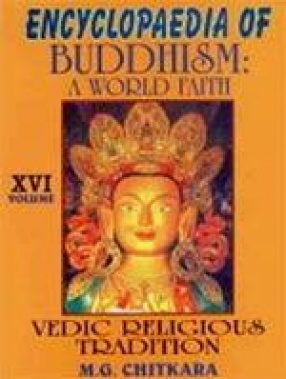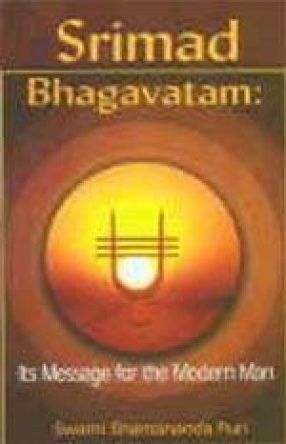The Vedanta is not a religion, as such but a religion itself in its most universal and deepest significance. Buddhism is virtually Hinduism, experienced and spoken by Gautam Buddha and properly channalised and perfected as a reformist movement. The Vedic Sages and Buddhist Saints had much in common in their practice of yoga. The Buddha emphasized the need for the mystical realization of the sage through deep meditation and called upon his disciples to follow the path of renunciation and yogic discipline; many Buddhist saints possessed supernatural powers through yoga. The Buddha also taught that all existence is subject to the law of karma, that rebirth is the lot of man, and that suffering is due to attachment – beliefs which were commonly held in his time by followers of the Vedas. The Veda could strengthen multi-cultural understanding between people of diverse cultures and increase tolerance and understanding. They decided that the strategy to embark on this task would be to first identify the common threads that run through all traditions of the world, showing where possible that difference can be assets and complimentary forces for bringing mankind together. The scholars agreed to make an effort to utilize the scientific content of the Vedas to perceive and reveal the common ground shared by all their differences and the positive mutual reinforcement provided by diversity. Some of the greatest discoveries by our Vedic seers are the invention of what we call the decimal system and binary systems of numbers. The entire span of modern mathematical and computer science is based on this discovery made in India. the practical impact of such discoveries is felt over a period of time and may not be immediately obvious. Future discoveries from the Vedic texts will therefore make an impact over many years in the future and be of immense benefit to humanity. Buddhism is one of the numerous offshoots of the Vedic religious tradition. It wanted to project the ‘enlightened one’ (Buddha) far above the natural gods of the Vedas. There is now a substantial interest in the world in Hinduism and its offshoot Buddhism. All parts of spiritual exploration are valid, and there are no such things as hereby and blasphemy. This is what make Hinduism pluralistic. Any accommodation of a belief system that denies one’s freedom of choice and of conscience is fundamentally incomplete with Hinduism
Encyclopaedia of Buddhism: A World Faith (Volume XVI)
In stock
Free & Quick Delivery Worldwide
reviews
Bibliographic information
Title
Encyclopaedia of Buddhism: A World Faith (Volume XVI)
Author
Edition
1st ed.
Publisher
ISBN
8176481955
Length
xii+414p., References; Glossary; Bibliography; Index; 26cm.
Subjects








There are no reviews yet.